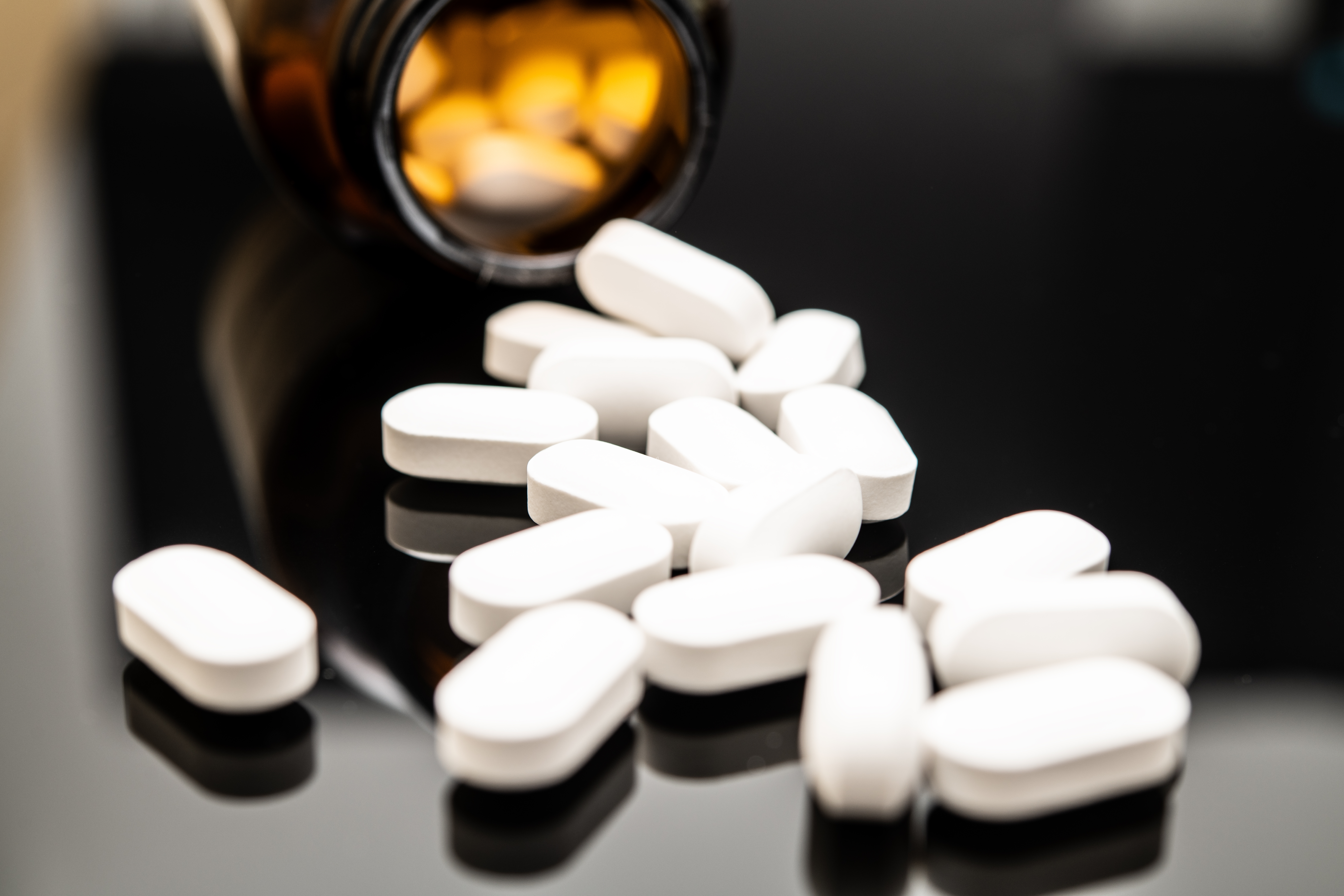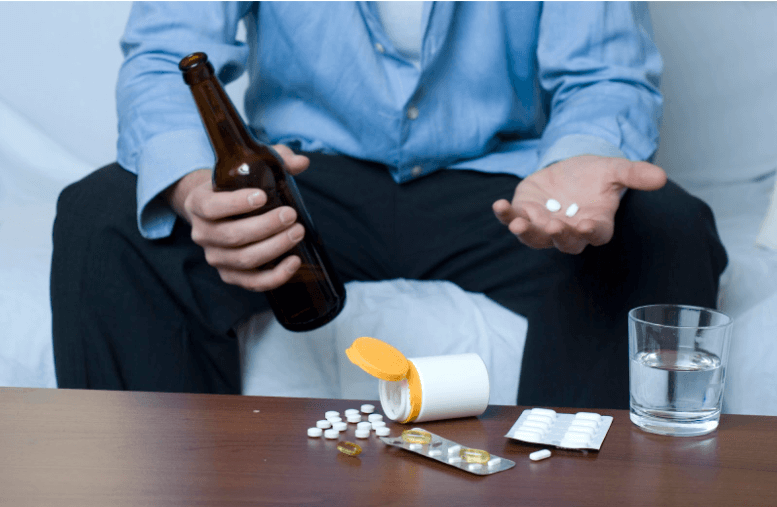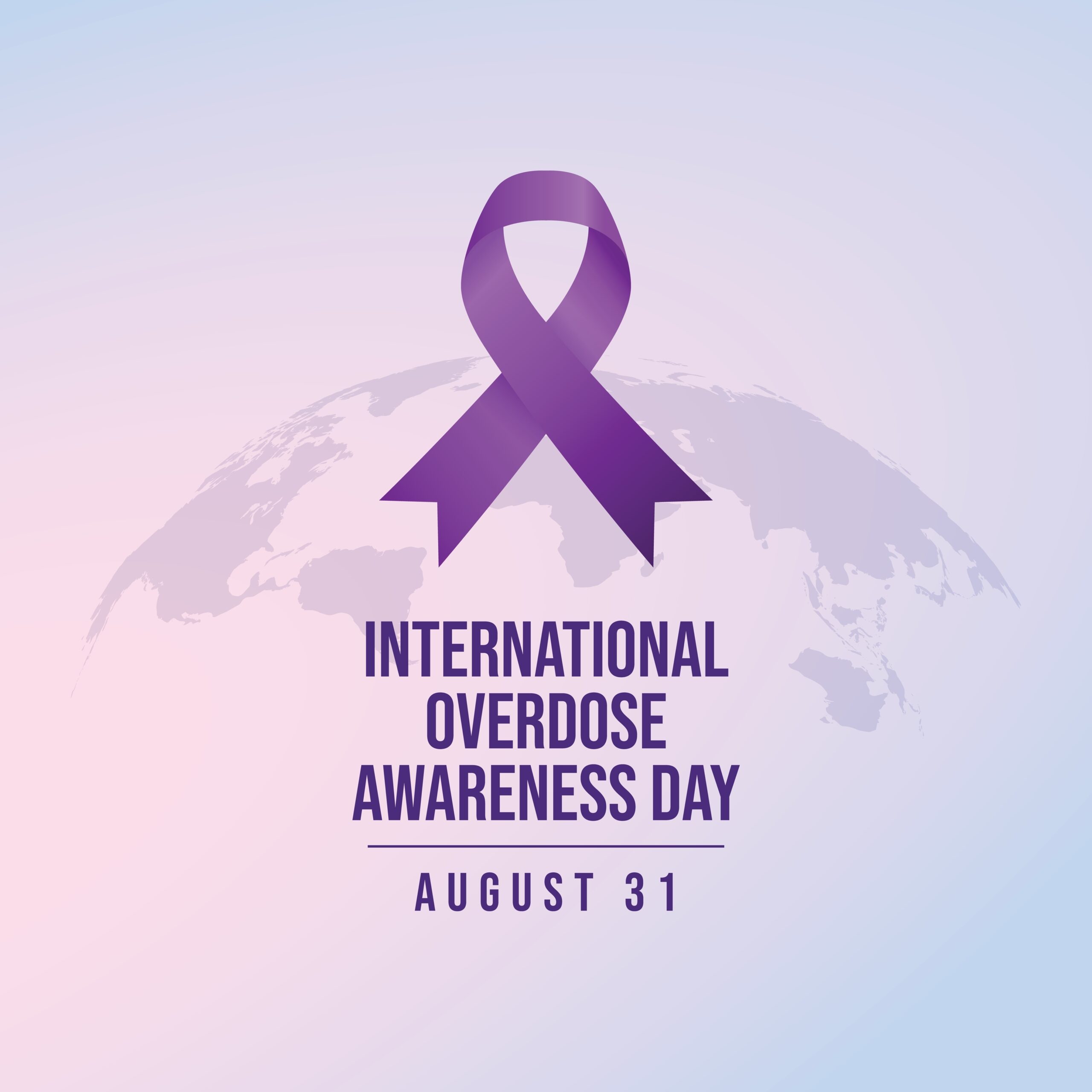Medication is a cornerstone of modern medicine. It alleviates pain, manages chronic conditions, and stabilizes mental health for millions of people every day. But there is a shadow side to these medical advancements. When potent medications are misused or taken for extended periods, the line between therapeutic use and dependency can blur. At Aspire Recovery Center of Frisco, we see firsthand how easily a legitimate prescription can evolve into a struggle with prescription drug addiction.
We understand that no one starts taking medication with the intention of developing a substance use disorder. Often, it begins with a back injury, post-surgical pain, severe anxiety, or chronic insomnia. You trust your doctor, and you take the medicine as directed. Yet, over time, the body adapts, tolerance builds, and the brain begins to crave the chemical stability the drug provides.
Today let’s explore the reality of addictive prescription drugs, identify the warning signs, and discuss how our substance use treatment programs in Frisco, Texas, can help you or your loved one regain control.
Understanding Prescription Drug Addiction
Prescription drug addiction is a complex brain disorder. It is characterized by a compulsive need to use a medication despite harmful consequences. It is not merely a lack of willpower; it is a physiological and psychological change in how the brain functions.
Many addictive prescription drugs target the brain’s reward system. They flood the brain with dopamine, the neurotransmitter responsible for feelings of pleasure and satisfaction. With repeated use, the brain’s ability to produce dopamine naturally diminishes. Consequently, the individual must take the drug not just to feel “high,” but to feel “normal.” This cycle drives the behavior that defines addiction.
It is vital to distinguish between physical dependence and addiction. Dependence involves the body’s physical adaptation to a drug, leading to withdrawal symptoms if use stops abruptly. Addiction includes dependence but also encompasses the compulsive behavior to seek out the drug despite it ruining relationships, careers, and health.
Commonly Abused Prescription Drugs
While many medications have the potential for misuse, three specific classes of drugs are most commonly associated with addiction: opioids, central nervous system (CNS) depressants, and stimulants. Understanding these categories helps us recognize the risks associated with addictive prescription drugs.
Opioids | Oxycodone, Percocet, and Codeine
Opioids are powerful painkillers. They interact with opioid receptors on nerve cells in the body and brain to reduce the perception of pain and produce a sense of euphoria. This class of drugs is the primary driver of the current overdose crisis in the United States.
Oxycodone and Percocet
Oxycodone is a semi-synthetic opioid. When combined with acetaminophen, it is often sold under the brand name Percocet. These are highly effective for acute pain, such as after surgery or a major injury. However, they are also highly addictive. The euphoria they produce can lead to misuse, such as crushing pills to snort or inject them for a faster, more intense high. The risk of respiratory depression — where breathing slows or stops — is a significant danger with these medications.
Codeine
Often viewed as a “milder” opioid, codeine is frequently found in prescription cough syrups and combination pain relievers. Because it is sometimes perceived as less dangerous than oxycodone or fentanyl, users may underestimate its addictive potential. Misuse of codeine-based cough syrup (often mixed with soda and candy) has been glamorized in pop culture, leading to increased rates of prescription drug addiction among younger demographics.
Benzodiazepines and Sedatives
Benzodiazepines, often called “benzos,” are CNS depressants used to treat anxiety, panic attacks, and sometimes seizures. Common names include Xanax, Valium, and Klonopin.
These drugs work by enhancing the effect of the neurotransmitter GABA, which slows down brain activity. This produces a calming effect. However, the body develops a tolerance to benzodiazepines very quickly. Patients may find that their original dose no longer manages their anxiety, leading them to take more. Withdrawal from benzodiazepines can be dangerous and even life-threatening, involving seizures and severe rebound anxiety. This physical danger makes professional prescription drug addiction treatment essential for safe detoxification.
Stimulants and Sleep Medicines
Stimulants
Prescription stimulants like Adderall and Ritalin are usually prescribed for Attention Deficit Hyperactivity Disorder (ADHD). They increase alertness, attention, and energy. However, they are frequently diverted for non-medical use, particularly among students or professionals looking to boost cognitive performance. Misuse can lead to heart problems, paranoia, and psychosis.
Sleep Medicines
Sedative-hypnotics, such as Ambien (zolpidem), are designed to help people sleep. While chemically different from benzodiazepines, they act on similar brain receptors. Long-term use can lead to dependence, where the user cannot sleep without the medication. We also see instances of “parasomnias,” where users engage in activities like driving or eating while asleep and have no memory of it later.
Pseudoephedrine
While primarily a decongestant found in allergy medications, pseudoephedrine warrants mention. It is a key ingredient in the illicit manufacture of methamphetamine. However, even on its own, it can be misused for its stimulant-like effects. Strict regulations on the sale of products containing pseudoephedrine are in place to combat the production of meth and to reduce the misuse of this precursor chemical.
Signs of addiction to prescription drugs
Recognizing the problem is the first step toward a solution. The signs of addiction to prescription drugs can be subtle at first, easily explained away as “managing pain” or “handling stress.” However, as the disorder progresses, the indicators become more distinct. We encourage family members and patients to remain vigilant for these changes.
Physical Warning Signs
- Changes in Sleep Patterns: Excessive sleeping (common with opioids and benzos) or severe insomnia (common with stimulants).
- Weight Fluctuations: Rapid weight loss or gain without a clear cause.
- Pupil Changes: Pinpoint pupils are often associated with opioid use, while dilated pupils may indicate stimulant use.
- Drowsiness or Slurred Speech: Frequent “nodding off” during conversations.
- Poor Coordination: Unexplained clumsiness or lack of balance.
Behavioral and Psychological Signs
- Doctor Shopping: Visiting multiple doctors to obtain prescriptions for the same or similar drugs.
- “Losing” Prescriptions: Frequently claiming medication was lost or stolen to get early refills.
- Mood Swings: Drastic shifts in personality, from euphoria to irritability or aggression.
- Withdrawal from Activities: Losing interest in hobbies, social gatherings, or work responsibilities.
- Defensiveness: reacting with anger when asked about medication usage.
If you notice these signs of addiction to prescription drugs in yourself or a loved one, it is time to have an honest conversation and seek professional guidance.
The Path to Recovery | Prescription Drug Addiction Treatment
Recovery is not a journey you should attempt to walk alone. The chemical changes in the brain caused by addictive prescription drugs make willpower alone an unreliable tool for quitting. Professional intervention provides the safety, structure, and support necessary for long-term healing.
Prescription drug addiction treatment typically involves a combination of medical management and behavioral therapy. The goal is not just to stop using the drug, but to understand the underlying causes of the addiction—whether that be unresolved trauma, chronic pain management issues, or co-occurring mental health disorders like anxiety or depression.
When evaluating options, you will likely encounter various levels of care.
- Inpatient Rehab: Residential stays where the patient lives at the facility.
- Outpatient Treatment: Programs where the patient lives at home but attends scheduled treatment sessions.
For many individuals, outpatient care offers a vital balance. It allows you to receive intensive clinical care while maintaining your presence in your home and community. This is where substance use treatment centers like ours play a pivotal role. We bridge the gap, offering high-level medical and therapeutic support without requiring you to put your entire life on pause.
How Aspire Recovery Center Can Help
At Aspire Recovery Center of Frisco, we specialize in helping individuals navigate the complex road out of dependency. We know that addictive prescription drugs can make you feel trapped, but we also know that freedom is possible.
Our approach to substance use treatment is holistic and individualized. We do not believe in a “one-size-fits-all” recovery. When you join our community, we assess your specific medical history, your mental health needs, and your personal goals.
Our Substance Use Treatment Programs
We offer Intensive Outpatient Programs (IOP) and Partial Hospitalization Programs (PHP) designed to provide robust support. Our curriculum includes:
- Cognitive Behavioral Therapy (CBT): To help you identify and change the thought patterns that lead to substance use.
- Group Therapy: To build a network of peer support, reducing the isolation that fuels addiction.
- Family Therapy: To repair relationships and educate loved ones on how to support recovery effectively.
- Dual Diagnosis Care: Treating the addiction alongside any co-occurring mental health issues.
We are proud to be one of the leading substance use treatment centers in the Frisco, Texas area. We provide a discreet, compassionate, and professional environment where you can focus on healing. We utilize evidence-based practices to ensure that our substance use treatment programs offer the highest chance of sustainable recovery.
If you are searching for effective prescription drug addiction treatment, we are here to guide you. We help you develop the coping mechanisms needed to handle stress, pain, and life’s challenges without relying on medication.
The grip of addictive prescription drugs is strong, but the human capacity for recovery is stronger. Whether it is painkillers, sedatives, or stimulants, the cycle of dependency can be broken. It requires courage to admit that a medication intended to help has become a hindrance, but that admission is the catalyst for change.
At Aspire Recovery Center of Frisco, we are dedicated to walking this path with you. We see the person, not the diagnosis. By recognizing the signs of addiction to prescription drugs and reaching out for professional substance use treatment, you are taking a monumental step toward reclaiming your health and your future. You do not have to face prescription drug addiction alone.
If you or a loved one is struggling with dependence on medication, please reach out to us today. Let us help you navigate your options for substance use treatment programs. Contact Aspire Recovery Center of Frisco to schedule a confidential assessment and start your journey toward lasting recovery.
Frequently Asked Questions
Q. What are the most common addictive prescription drugs?
The most common addictive prescription drugs generally fall into three categories: opioids (such as Oxycodone and Percocet) used for pain, central nervous system depressants (such as Valium and Xanax) used for anxiety and sleep disorders, and stimulants (such as Adderall and Ritalin) used for ADHD. Each affects the brain’s reward system differently but can lead to prescription drug addiction.
Q. How do I know if I need prescription drug addiction treatment?
You likely need prescription drug addiction treatment if you find yourself taking higher doses than prescribed, “doctor shopping” to get more refills, experiencing withdrawal symptoms when you stop, or if the drug use is negatively impacting your work, relationships, or health. Recognizing the signs of addiction to prescription drugs is the first step toward seeking help at substance use treatment centers.
Q. Do substance use treatment programs work for prescription medication?
Yes, substance use treatment programs are highly effective for prescription medication dependency. These programs combine behavioral therapies, counseling, and sometimes medication-assisted treatment to help modify your attitudes and behaviors related to drug use. Centers like Aspire Recovery Center of Frisco specialize in outpatient substance use treatment that addresses both the physical dependency and the psychological roots of addiction.














